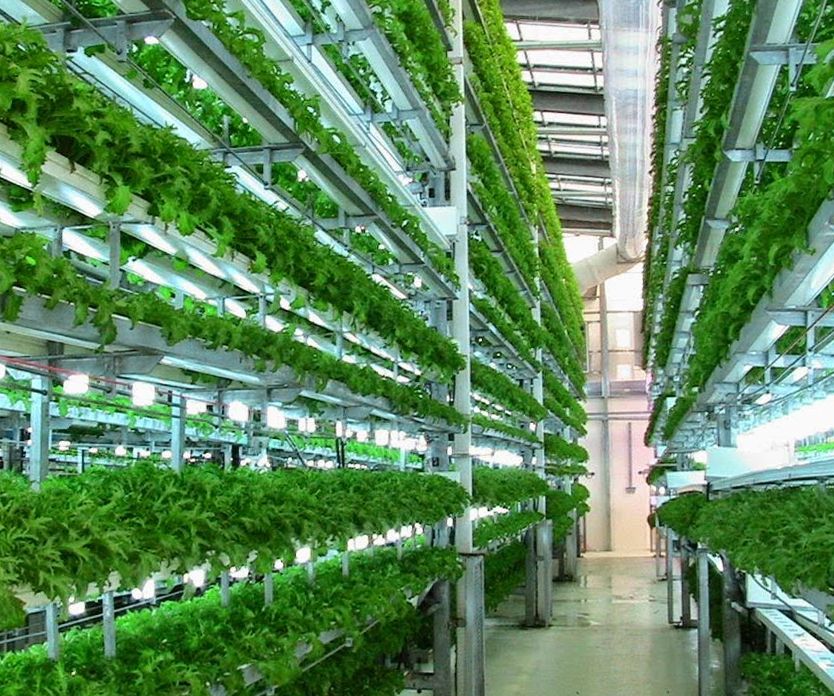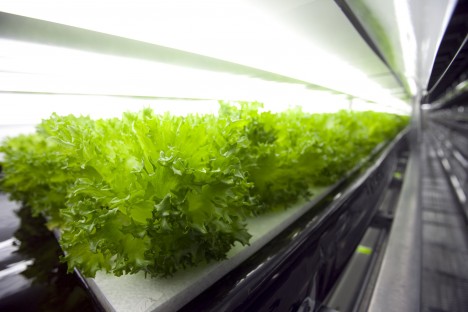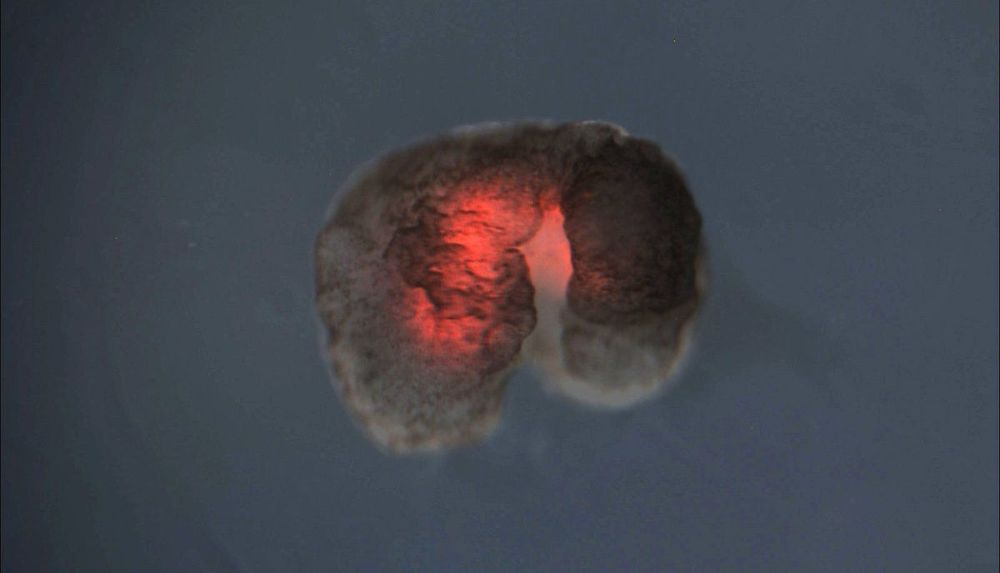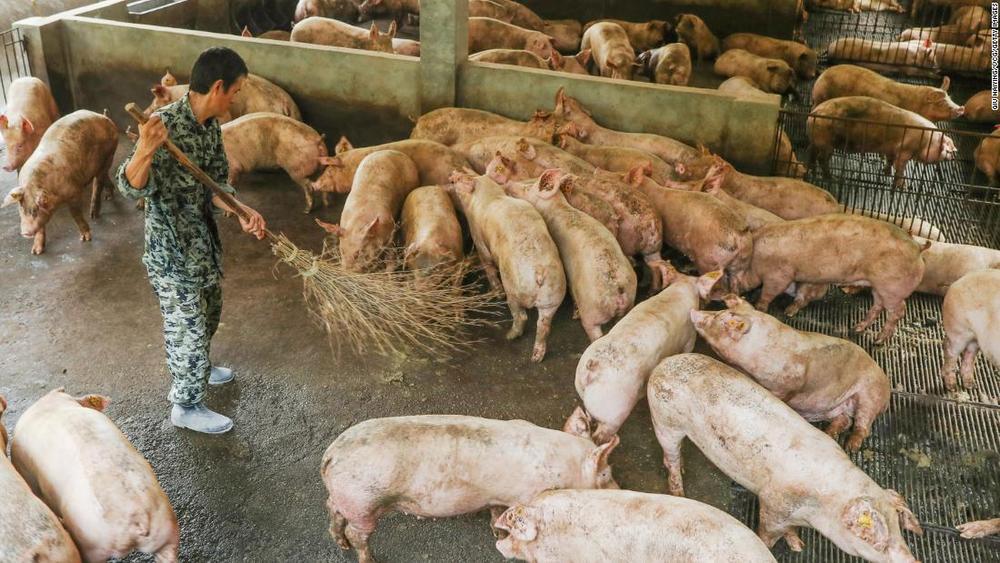Jan 22, 2020
America’s most widely consumed oil causes genetic changes in the brain
Posted by Kaiser Matin in categories: biotech/medical, food, genetics, neuroscience
New UC Riverside research shows soybean oil not only leads to obesity and diabetes, but could also affect neurological conditions like autism, Alzheimer’s disease, anxiety, and depression.
Used for fast food frying, added to packaged foods, and fed to livestock, soybean oil is by far the most widely produced and consumed edible oil in the U.S., according to the U.S. Department of Agriculture. In all likelihood, it is not healthy for humans.
It certainly is not good for mice. The new study, published this month in the journal Endocrinology, compared mice fed three different diets high in fat: soybean oil, soybean oil modified to be low in linoleic acid, and coconut oil.
















